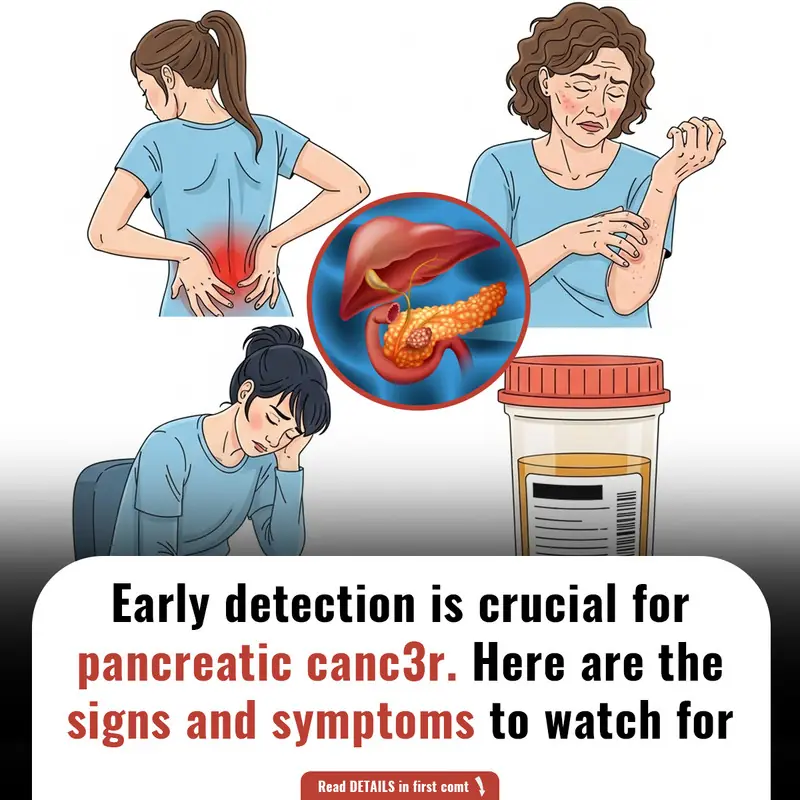
12 Early Signs of Liver Disease You Should Never Ignore
The liver plays a crucial role in maintaining your health. It processes nutrients, filters toxins, and even helps with digestion by producing bile. While the liver is a resilient organ, it is highly susceptible to damage from various factors such as infections, excessive alcohol consumption, certain medications, chronic conditions, obesity, and poor diet. Since the liver does not have pain receptors, damage can go unnoticed for years, often until it’s too late. Understanding the early warning signs of liver disease is essential for seeking treatment before the damage becomes severe.
In this article, we will explore the 12 key signs of liver disease that you should never ignore. Recognizing these symptoms early can help you take action and prevent further complications.
12 Signs of Liver Disease You Shouldn’t Ignore
-
Yellowing of the Eyes and Skin (Jaundice)
One of the most noticeable signs of liver disease is jaundice, which causes the skin and eyes to turn yellow. This happens when the liver is unable to process bilirubin, a substance produced during the breakdown of red blood cells. Jaundice is often a sign of advanced liver damage and requires immediate medical attention.
-
Abdominal Pain and Swelling
Liver disease can cause the liver to enlarge (hepatomegaly) and increase pressure in abdominal blood vessels. This can lead to pain, bloating, and discomfort, particularly in the upper right side of the abdomen. Swelling in the abdomen, known as ascites, may also occur as the disease progresses.
-
Easy Bruising or Bleeding
The liver is responsible for producing clotting factors that help stop bleeding. When the liver is damaged, it becomes less efficient at producing these proteins, which can result in easy bruising or bleeding, even from minor injuries.
-
Nausea and Vomiting
Frequent nausea and vomiting are common early signs of liver disease. These symptoms may be due to the accumulation of toxic substances in the body, which the liver can no longer clear effectively. If these symptoms persist, it’s important to seek medical advice.
-
Skin Itching
Liver disease can cause the accumulation of bile acids in the bloodstream, leading to an intense itching sensation in the skin. This itching, often a result of liver dysfunction, may become more pronounced over time.
-
Dark Urine
If your urine appears amber, brown, or tea-colored, it could be a sign of liver disease. This change in color happens due to an excess of bilirubin being filtered out by the kidneys. If you notice these changes in your urine, it’s important to seek medical evaluation.
-
Pale or Clay-Colored Stool
Liver disease can affect the production and flow of bile into the intestines. Since bile gives stool its normal brown color, a lack of bile can cause pale or clay-colored stools. This is another red flag that something may be wrong with your liver.
-
Fatigue
Extreme fatigue is a common symptom of liver disease. If you find yourself feeling unusually tired or drowsy despite adequate sleep, it could be due to liver dysfunction. This type of fatigue is often accompanied by other symptoms like nausea or weakness.
-
Foot and Ankle Swelling
In more advanced stages of liver disease, such as cirrhosis, swelling in the feet and ankles can occur. This happens because the liver is unable to produce enough of a protein called albumin, which helps keep fluid inside blood vessels. When the liver isn’t functioning properly, fluid leaks into the surrounding tissues, causing swelling.
-
Chills and Fever
As the liver becomes damaged, toxins can build up in the body, triggering an immune response. This can result in fever and chills, symptoms commonly associated with liver infection or inflammation.
-
Sudden and Unexpected Weight Changes
Liver disease can cause unexpected weight changes, either through sudden weight gain due to fluid buildup in the abdomen or weight loss because the liver can’t process nutrients properly. This can lead to malnutrition and a further decline in health.
-
Memory Changes or Confusion
Advanced liver disease can result in a buildup of toxins in the blood, which can affect the brain. This may lead to memory loss, brain fog, and difficulty concentrating. Known as hepatic encephalopathy, this condition is a serious complication that requires medical attention.
When Should You See a Healthcare Provider About Liver Disease?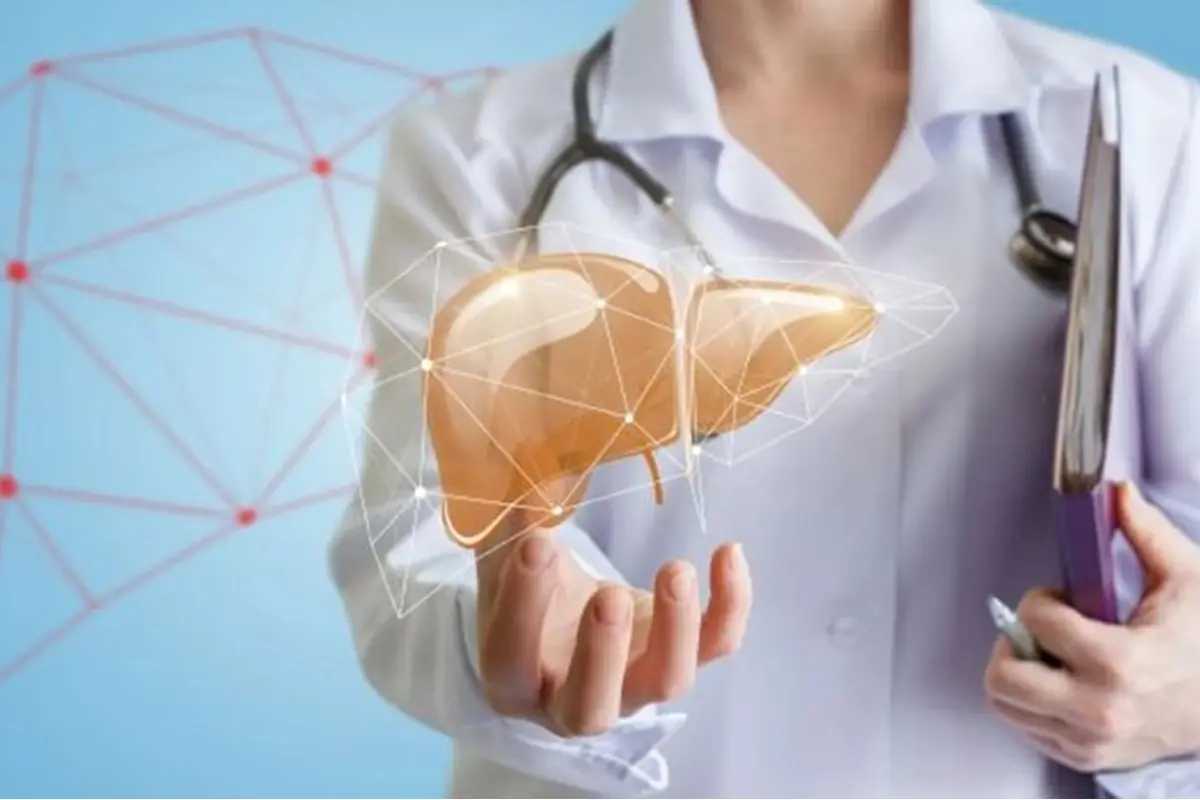
If you notice any of the signs mentioned above—such as jaundice, abdominal pain, easy bruising, dark urine, or sudden weight changes—it’s essential to consult with a gastroenterologist or your healthcare provider. Gastroenterologists specialize in diagnosing and treating liver diseases, and early intervention is crucial for managing liver conditions effectively.
If you experience symptoms like confusion, fatigue, swelling in your feet and ankles, or other unusual changes, don’t wait to seek help. A healthcare provider will assess your liver function, conduct necessary tests, and recommend the best course of treatment to prevent further liver damage.
Conclusion: Protect Your Liver, Protect Your Health
Your liver is essential to your overall health, and recognizing the early signs of liver disease can make all the difference in getting the right treatment. From jaundice and abdominal pain to fatigue and memory changes, these symptoms are warning signs that shouldn’t be ignored. Prevention, regular check-ups, and timely interventions can help protect your liver and improve your quality of life.
If you suspect you have liver disease or if any of the symptoms listed above apply to you, reach out to a gastroenterologist today for an evaluation. Early diagnosis and treatment are crucial to managing liver health and preventing complications.
Credit
This article is based on the research and guidelines from gastroconsa and additional insights from trusted health organizations. For more information, consult your healthcare provider or visit reliable medical sources such as gastroconsa.com and other health resources.
News in the same category

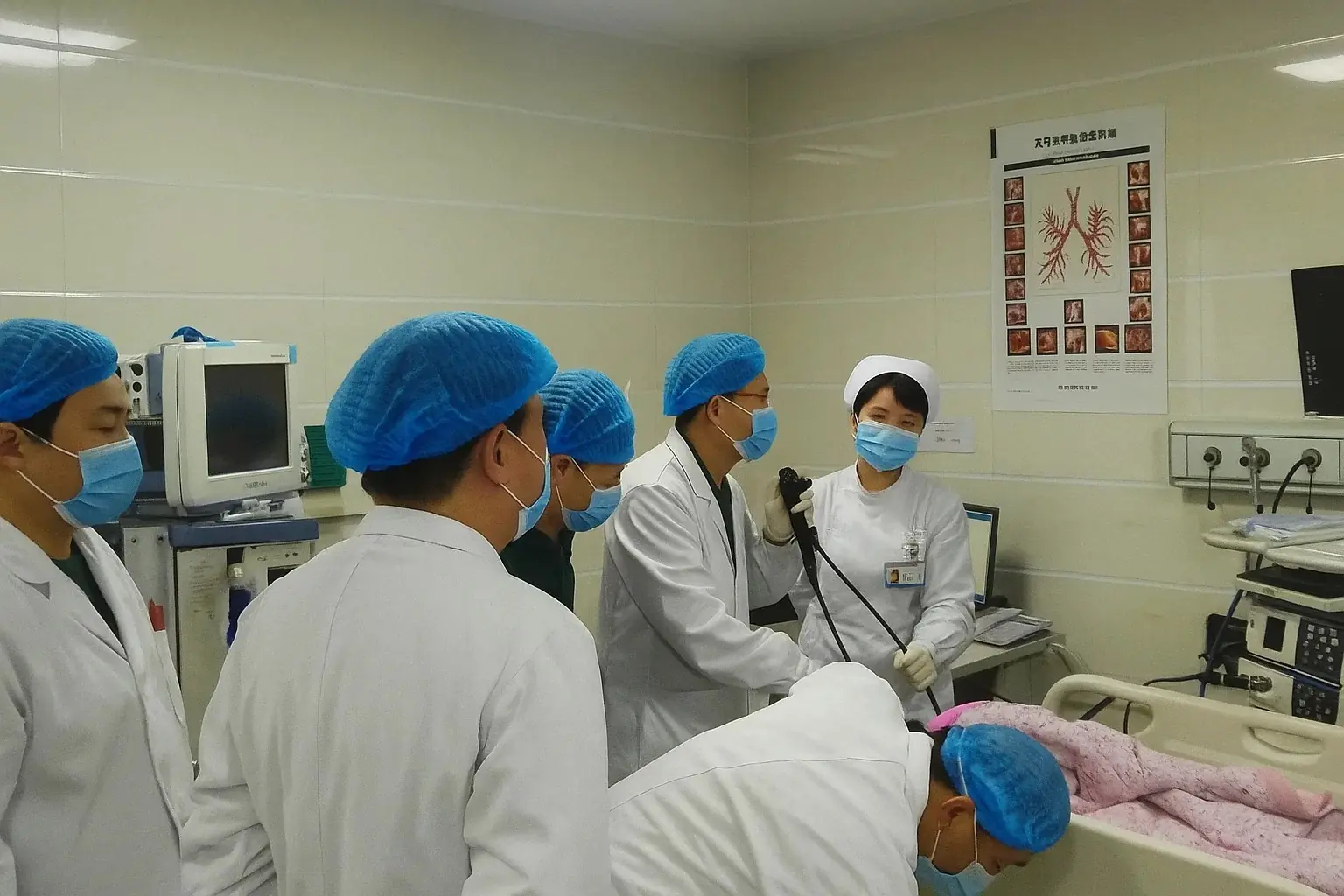
36-Year-Old Teacher Passed Away From Diabetes Doctors Say Was Triggered By Everyday Foods
Diabetes is a dangerous condition with numerous complications, and diet is a key factor.

Experts issue urgent warning about terrifying hidden symptom from taking Mounjaro and Ozempic
Experts have issued an urgent warning about a symptom that can come to light from taking drugs such as Mounjaro and Ozempic.

The Benefits of Epsom Salt Foot Soak: A Natural Remedy for Foot Pain and Health
Discover the health benefits of Epsom salt foot soaks, including pain relief, exfoliation, fungal infection treatment, and more. Learn how to safely use Epsom salt for foot health.

What Causes Blue Veins? Understanding the Reasons and When to Seek Help
Blue or green veins are common, but when should you worry? Learn the possible causes of visible veins, from genetics to lifestyle factors, and when it may indicate a medical condition.
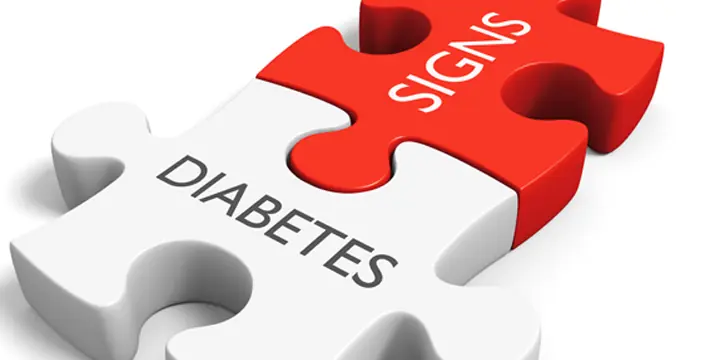
7 Early Warning Signs of Diabetes You Shouldn’t Ignore: Act Now for Better Health
Learn about 7 early warning signs of diabetes that could be easily overlooked. Early detection can help manage diabetes, prevent complications, and improve quality of life. Read on for expert insights.
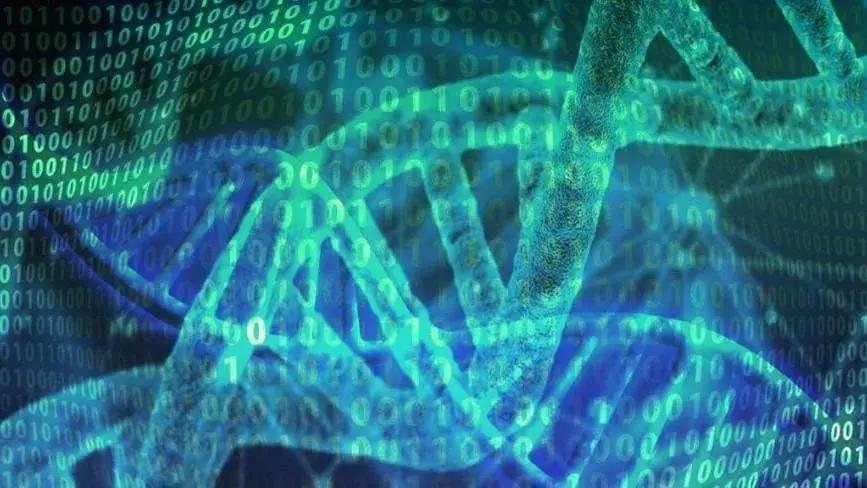
Genetic Link Between Endometriosis and Autoimmune Diseases Revealed in New Study
A new study has identified a shared genetic link between endometriosis and autoimmune conditions. Women with endometriosis are at a higher risk for diseases like rheumatoid arthritis, multiple sclerosis, and psoriasis.

People Warned to See a Doctor After Sharing Photo of Concerning Dark Line on Finger
A Reddit user received warnings to see a doctor immediately after posting an image of a dark line on their finger. Learn about melanonychia and why nail discoloration can be a serious health concern.
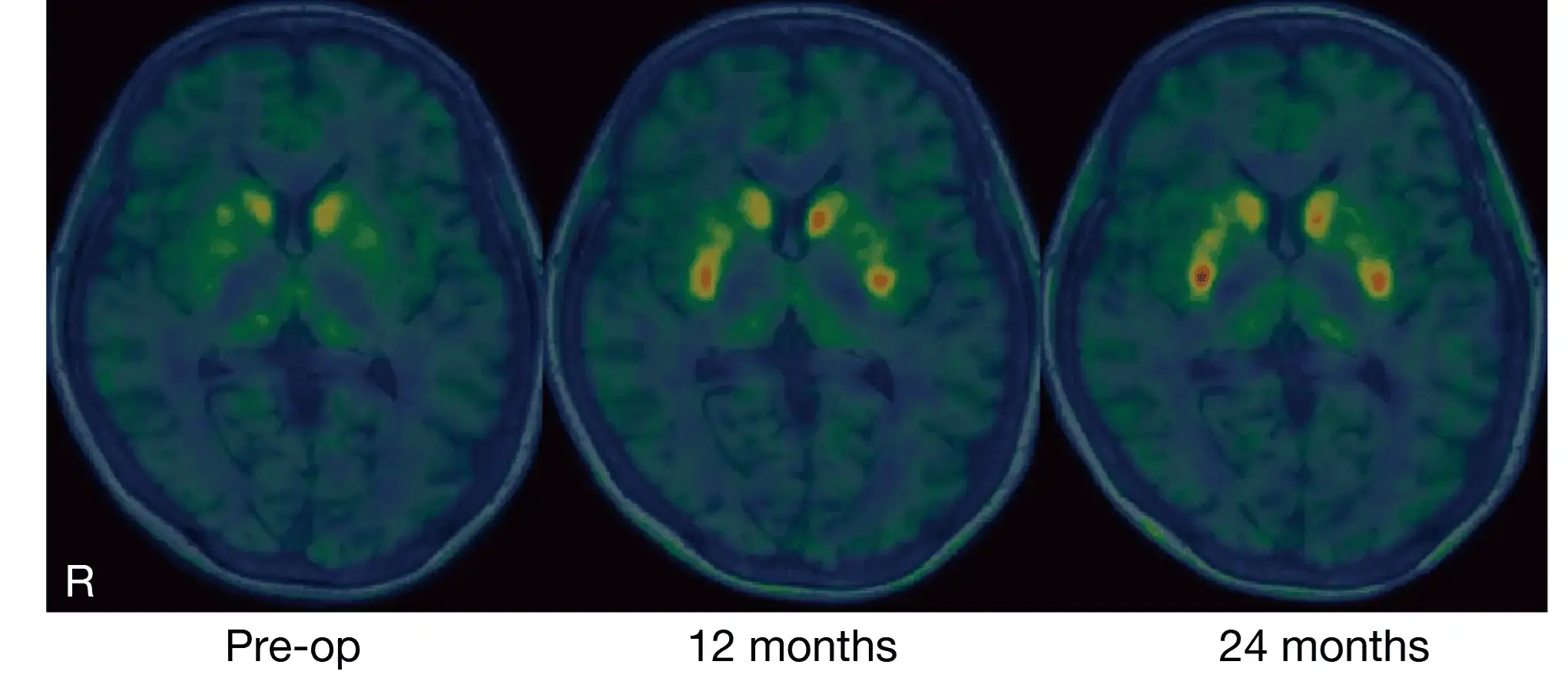
Breakthrough in Parkinson’s Treatment: Japanese Scientists Successfully Implant Lab-Grown Brain Cells
Japanese researchers have made a groundbreaking discovery in Parkinson’s treatment using lab-grown brain cells. Early results from the clinical trial show promising improvements in movement and dopamine production.

4 Simple Steps to Cool Your Home Faster and Save on Electricity Before Turning on the Air Conditioner

3-Blade vs. 5-Blade Fans: Which Cools Better? The Truth Behind Common Misconceptions

The Alarming Rise of Bowel C@ncer in Young Adults: Is Your Diet to Blame

United Airlines Passenger Punches Gate Agent, Kn0cking Them Out

Should You Close or Leave the Toilet Lid Open After Use? 90% of People Get It Wrong — Here's Why Your Bathroom Always Smells

4 Everyday Foods That Fuel C@ncer Cells
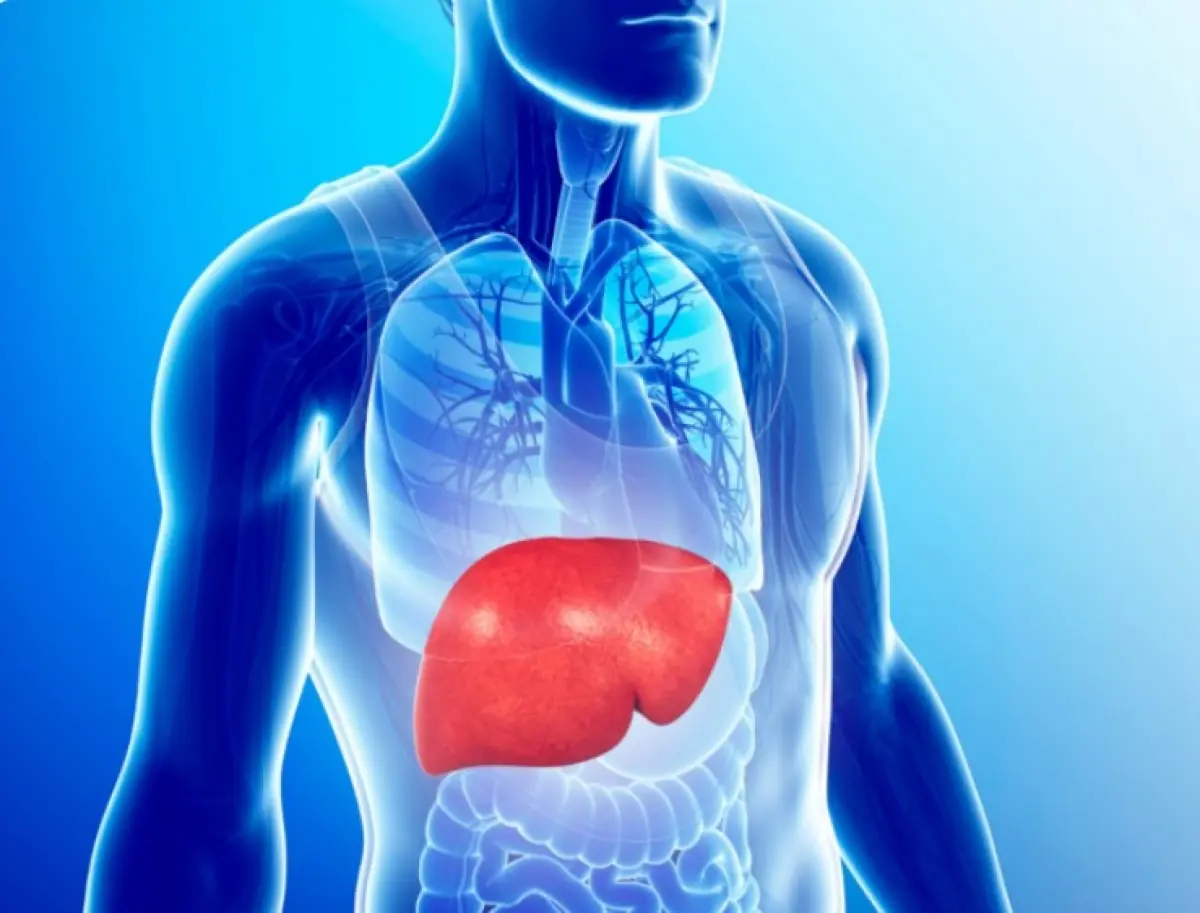
Fatty Liver Disease: A Silent Pathway to Liver C@ncer
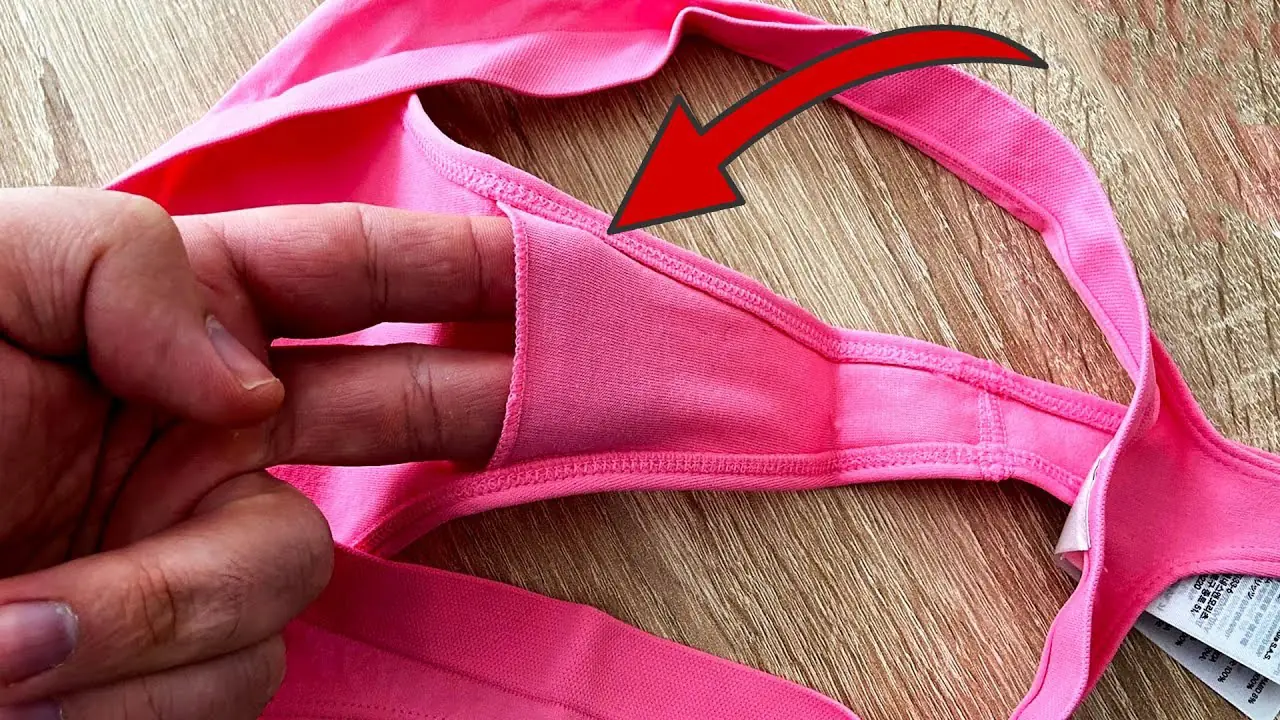
The Hidden Purpose of the Pocket in Women's Underwear: More Than Just a Design Feature
In actuality, the "pocket" in women's underwear is actually a gusset, which serves a number very valid purposes.

This quick 'cup of tea' test could be a simple way to spot early signs of dementia in a loved one
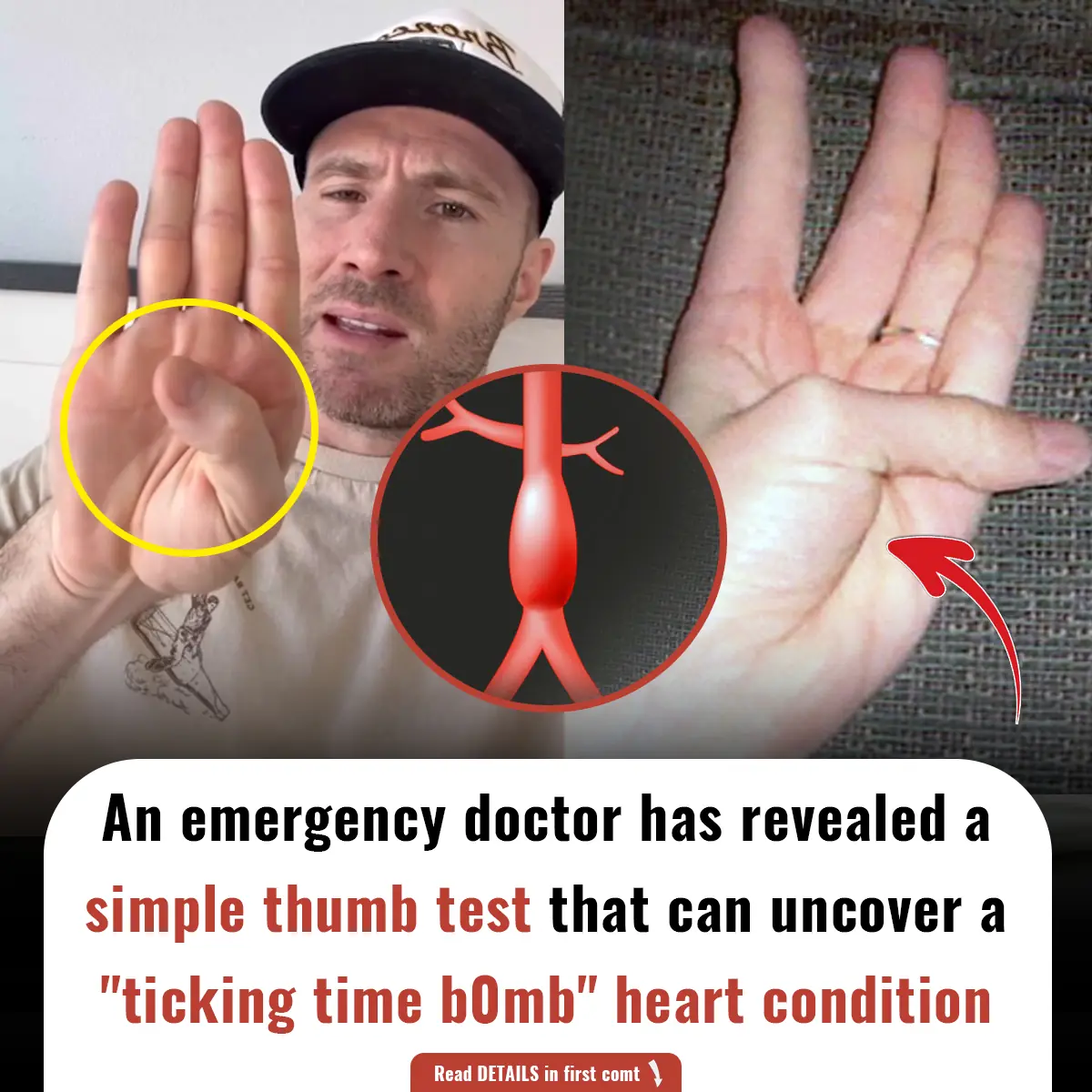
A doctor has revealed a simple thumb test that can uncover a "ticking time b0mb" heart condition

Avocados are incredibly healthy, if using them incorrectly in these 3 common ways could actually have adverse effects
News Post

The Woman Who Walked Away: A Journey of Self-Discovery and Empowerment
A powerful tale of self-realization as Alina breaks free from a toxic relationship, finding strength and confidence after a painful breakup. Discover how she chooses her own path towards happiness and independence.

Silent Signals: Recognizing the Subtle Symptoms of Pancreatic C@ncer

The Earring in the Passenger Seat: A Suspicious Find Leads to a Truthful Confrontation
A woman finds a sh0cking truth after discovering a mysterious child’s drawing in her fiancé’s car. Suspicion, betrayal, and secrets unravel as she confronts him, ultimately deciding the fate of their relationship.

Am I Wrong for Not Laughing at My Fiancé's "Jokes" About Calling Off Our Wedding?
A bride-to-be is questioning her relationship after her fiancé repeatedly jokes about calling off their wedding. What happens when humor crosses the line into hurtful behavior?

36-Year-Old Teacher Passed Away From Diabetes Doctors Say Was Triggered By Everyday Foods
Diabetes is a dangerous condition with numerous complications, and diet is a key factor.

Experts issue urgent warning about terrifying hidden symptom from taking Mounjaro and Ozempic
Experts have issued an urgent warning about a symptom that can come to light from taking drugs such as Mounjaro and Ozempic.

The Benefits of Epsom Salt Foot Soak: A Natural Remedy for Foot Pain and Health
Discover the health benefits of Epsom salt foot soaks, including pain relief, exfoliation, fungal infection treatment, and more. Learn how to safely use Epsom salt for foot health.

What Causes Blue Veins? Understanding the Reasons and When to Seek Help
Blue or green veins are common, but when should you worry? Learn the possible causes of visible veins, from genetics to lifestyle factors, and when it may indicate a medical condition.

DIY Rice Cream for Radiant, Youthful Skin: The Japanese Secret to Erasing Wrinkles & Fine Line
With its powerful combination of rice, almond oil, and vitamin-rich ingredients, this rice cream provides nourishment, hydration, and antioxidant protection to your skin.

7 Early Warning Signs of Diabetes You Shouldn’t Ignore: Act Now for Better Health
Learn about 7 early warning signs of diabetes that could be easily overlooked. Early detection can help manage diabetes, prevent complications, and improve quality of life. Read on for expert insights.

5 Homemade Skin Toners for Smooth, Glowing Skin: Natural Remedies for Every Skin Type
By incorporating these toners into your daily routine, you can expect healthier, brighter, and more balanced skin without the use of harsh chemicals.

Genetic Link Between Endometriosis and Autoimmune Diseases Revealed in New Study
A new study has identified a shared genetic link between endometriosis and autoimmune conditions. Women with endometriosis are at a higher risk for diseases like rheumatoid arthritis, multiple sclerosis, and psoriasis.

Roasted Onion Peel and Garlic Peel Remedies for Grey Hair: Natural Solutions for Dark, Vibrant Hair
. Roasted onion peel and garlic peel offer effective, safe, and natural alternatives that can help you combat grey hair and restore youthful vitality.

People Warned to See a Doctor After Sharing Photo of Concerning Dark Line on Finger
A Reddit user received warnings to see a doctor immediately after posting an image of a dark line on their finger. Learn about melanonychia and why nail discoloration can be a serious health concern.

Breakthrough in Parkinson’s Treatment: Japanese Scientists Successfully Implant Lab-Grown Brain Cells
Japanese researchers have made a groundbreaking discovery in Parkinson’s treatment using lab-grown brain cells. Early results from the clinical trial show promising improvements in movement and dopamine production.

4 Simple Steps to Cool Your Home Faster and Save on Electricity Before Turning on the Air Conditioner

Effective Cumin Seed Detox Tonic for Belly Fat Reduction: Your Ultimate Guide to a Flatter Midsection
The cumin seed detox tonic is a natural, easy-to-make remedy that can help accelerate belly fat loss, improve digestion, and enhance overall health.

3-Blade vs. 5-Blade Fans: Which Cools Better? The Truth Behind Common Misconceptions

The Alarming Rise of Bowel C@ncer in Young Adults: Is Your Diet to Blame
